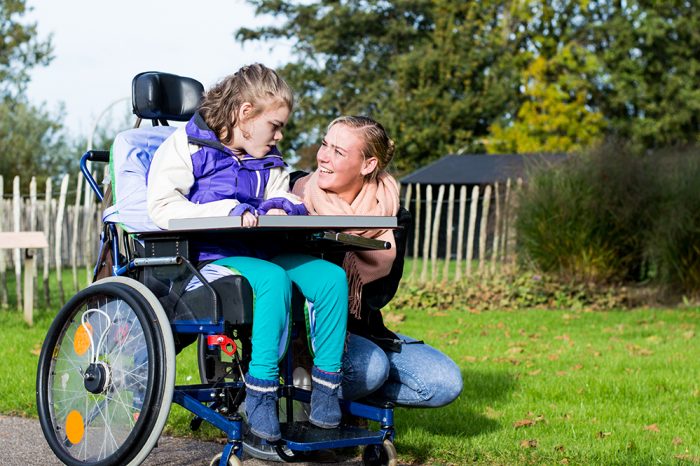A new ODEP project examines promising strategies for improving employment outcomes of young adults on the autism spectrum. The Office of Disability Employment Policy at the U.S. Department of Labor has partnered with Mathematica to lead a project to examine barriers to, catalysts for, and promising strategies for improving employment outcomes.
The project, Research Support Services for Employment of Young Adults on the Autism Spectrum (REYAAS), kicked off in fall of 2021. A recent fact sheet explains the project’s goals and provides an overview of its timeline and planned activities, and a pair of literature reviews summarizes promising programs and strategies as well as evidence on their effectiveness.
Currently, Mathematica is planning a series of public listening sessions to incorporate perspectives from youth on the autism spectrum and the broader community on this topic. If you would like to participate in a listening session, please send an email to sign up for the REYAAS mailing list.

















